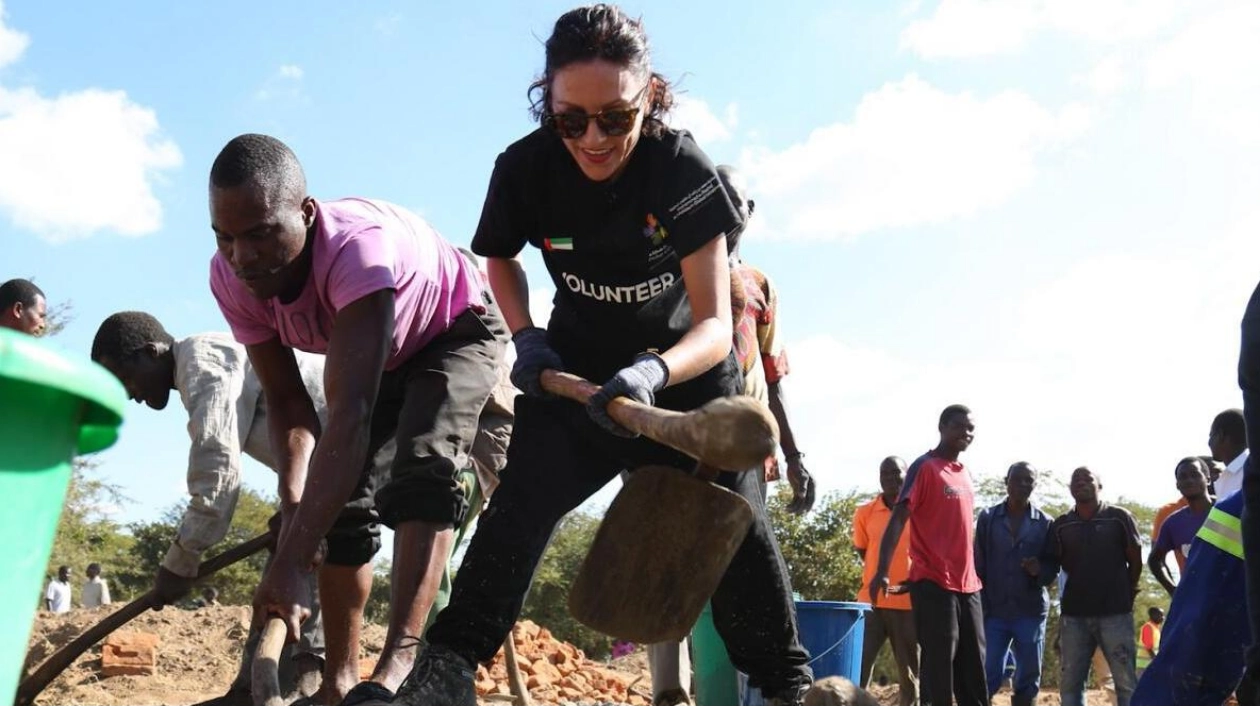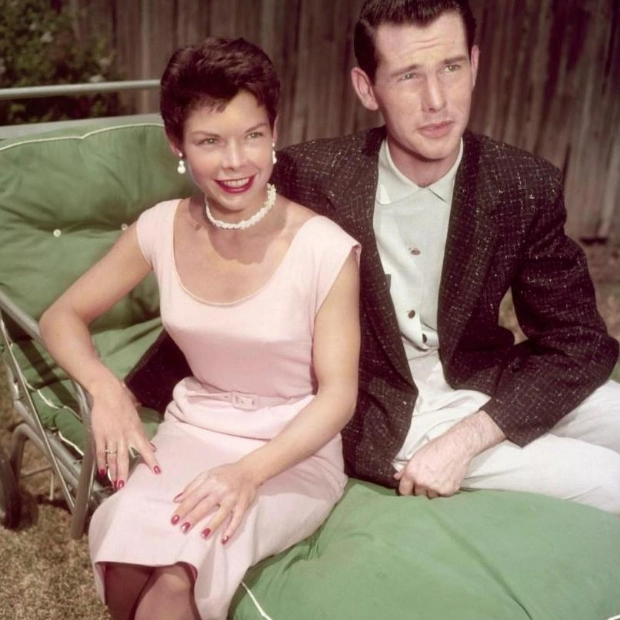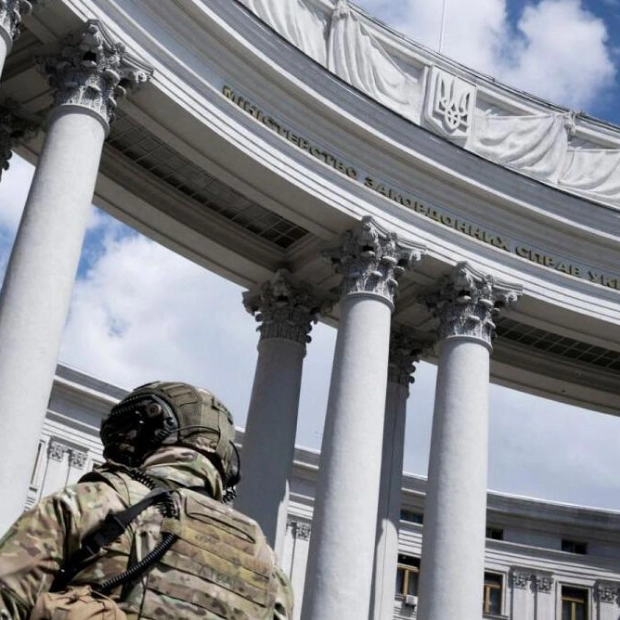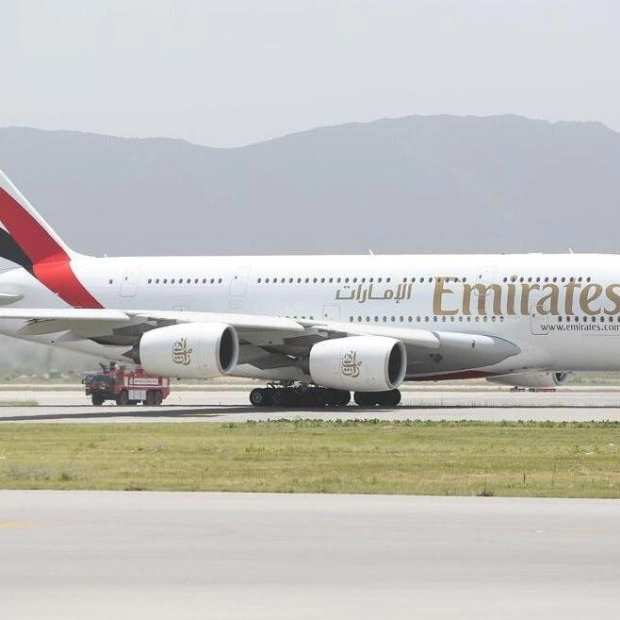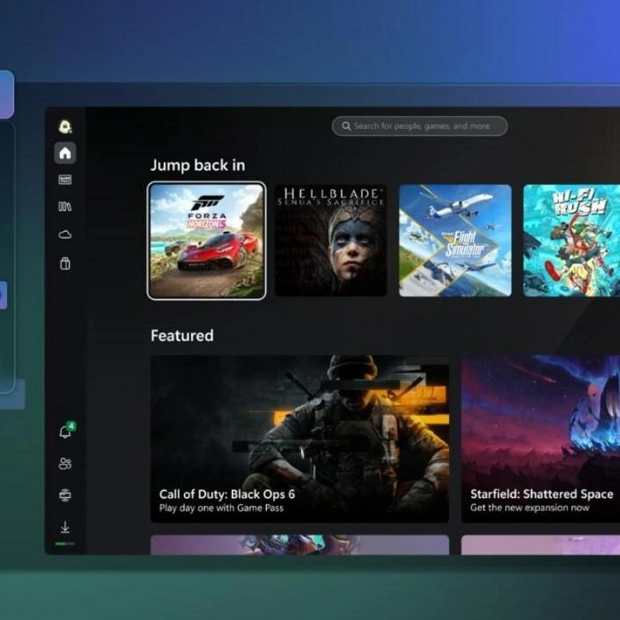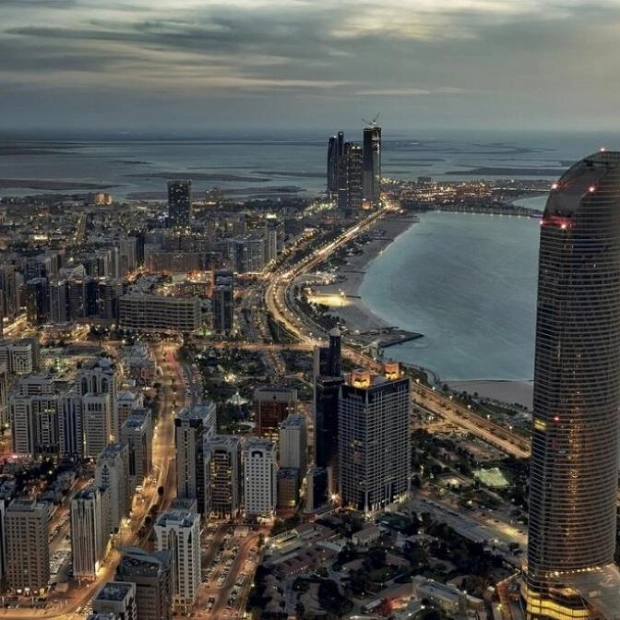Throughout his four-decade-long career as a humanitarian worker, Giuseppe Saba, the CEO of Dubai Humanitarian, has traversed numerous emergency zones. Yet, there remains one mission that continues to profoundly affect him. 'I arrived in Rwanda during the genocide,' he recounted to Khaleej Times. 'Despite witnessing disasters such as earthquakes, floods, and tsunamis, Rwanda stands out as one of the most challenging missions of my life. Some days, I find it hard to sleep, haunted by those memories. I am hesitant to discuss that mission.' Saba shared these thoughts at an event commemorating World Humanitarian Day on August 19 at Dubai Humanitarian, the world's largest humanitarian hub. According to the United Nations, 2023 marked the deadliest year for humanitarians, with 280 aid workers killed in acts of violence. Sadly, 2024 shows no signs of abatement, with provisional data from the Aid Worker Security Database indicating that 176 aid workers have already been killed.
During the event, several aid workers participated in a panel discussion, sharing their experiences and challenges. Ahmed AlZahid from the Islamic Affairs and Charitable Activities Department (IACAD) detailed his harrowing mission. 'Two days before I arrived, a terrorist attack killed 60 people,' he recounted. 'Upon reaching the area for charitable activities, we were accompanied by armed guards.' Grace Calites, a supply chain associate at the World Food Program (WFP), described the challenges of her recent mission to Moldova. 'Although I was trained as a customer service coordinator, in Moldova, I had to act as a warehouse manager. I had to quickly learn the responsibilities of a manager,' she explained. She also faced language barriers, 'Everything was in Romanian, so I had to translate everything into English to manage the warehouse effectively. I learned a new language and worked closely with the locals to ensure I could assist them. My experience in Dubai, dealing with diverse cultures, proved invaluable.'
The commemoration of World Humanitarian Day stems from the 2003 bombing of the Canal Hotel in Baghdad, which claimed the lives of 22 humanitarian aid workers, including the UN Special Representative of the Secretary-General for Iraq, Sergio Vieira de Mello. Five years later, the United Nations General Assembly designated August 19 as World Humanitarian Day (WHD). Abdulla Al Shehhi, CEO of Dubai Cares, who grew up in Ras Al Khaimah, always appreciated the significance of aid work. 'I was an electrical engineer when Dubai Cares was established,' he recalled. 'It was a highly successful fundraising initiative. When a position opened two years later, I seized the opportunity due to my passion for humanitarian work.' For a year, he focused on designing fundraising campaigns. However, it was his first field visit to Djibouti that profoundly impacted him. 'Seeing the lives affected by our work was a mixed experience. That feeling has sustained me through 15 years at Dubai Cares.'
Mauricio Gomez, a Colombian who was trained as an engineer, found his calling after an earthquake devastated his hometown in 1999. Taking leave, he returned home to aid in rescue operations. 'During the rescue efforts, I decided to become a humanitarian,' he said. 'I resigned from my job and joined the Red Cross.'
